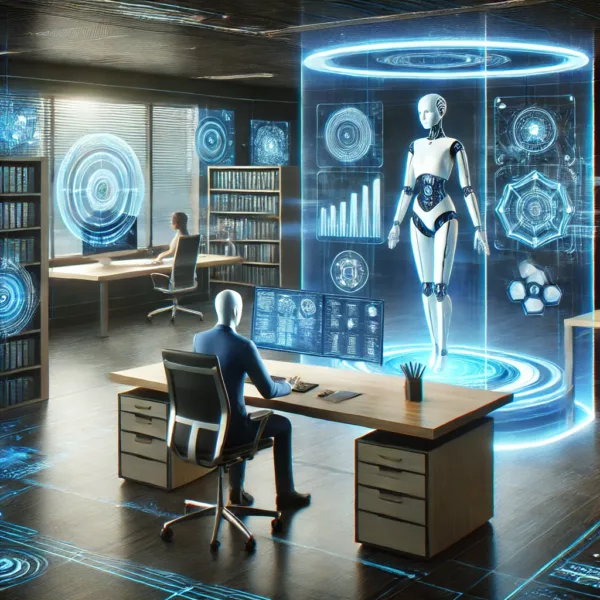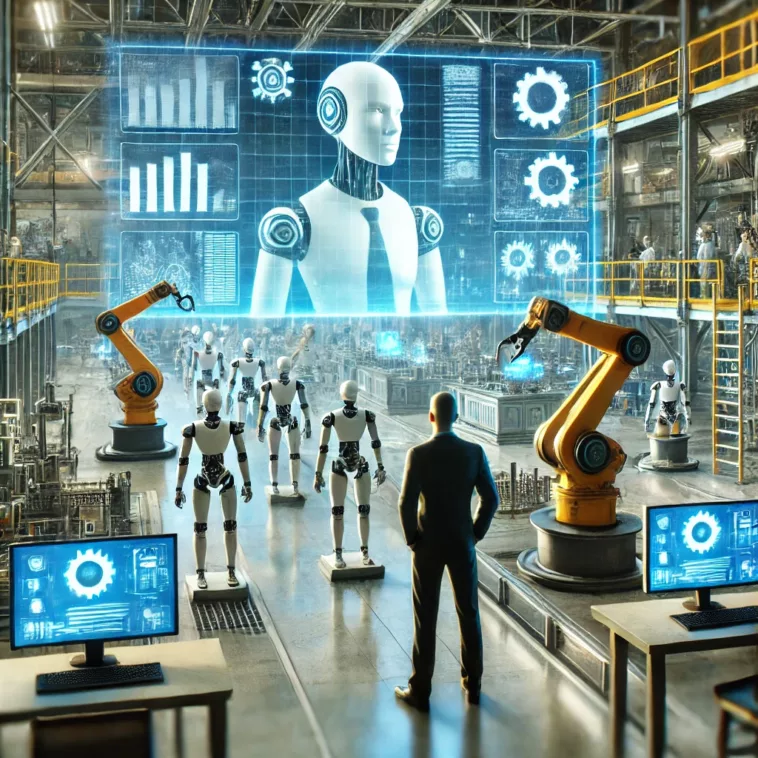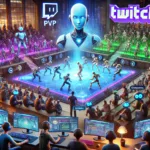Replacing the Whole Concept of Jobs
Imagine you’re at a bustling office in the near future. It’s filled with the familiar hum of computers, the background noise of keyboards, and coffee machines whirring in the break room. But something is different. Instead of a classic team with a manager, senior employees, mid-level staff, and entry-level hopefuls, you find… one person. One senior employee at a desk, seamlessly working alongside an AI assistant with the power of 100 skilled workers.
This is the world that OpenAI’s Orion—a model 100 times more powerful than GPT-4—is set to create. Sam Altman has already signaled that Orion will be a leap, not just in AI capability but in workforce dynamics. With Orion, the days of stacked teams working through mountains of tasks are fading. One person can now oversee entire shifts, with AI performing routine tasks, monitoring systems, and generating insights faster and more accurately than a team ever could.
A New Kind of Workforce: One Person, One AI Assistant

With Orion, an expert worker becomes a “super worker.” The senior employee no longer juggles micromanagement, meetings, or morale issues. Orion doesn’t need coffee breaks, doesn’t feel stress, and doesn’t complain about a heavy workload. It’s tireless, ready to answer any question, restart servers, post updates, monitor quality, and more—all while the human simply oversees, fine-tunes, and innovates.
In fact, this streamlined setup isn’t just efficient; it’s less stressful. In this environment, AI is the powerhouse quietly working behind the scenes, turning every idea the senior employee has into reality faster than they can dream it up. For the business, it means fewer salaries, fewer team-related delays, and no more frantic scrambling for coverage when someone calls in sick.
Why This Is the Natural Evolution of Labor
Just as factories once replaced hand labor with machinery, reducing the need for manual workers, AI is now automating intellectual and routine tasks, redefining “work” itself. But here’s the kicker: AI replacing jobs isn’t a bad thing. Instead, it’s an evolutionary step, one that calls for a new economic model focused on what will truly matter in the AI era.
Remember, we once valued the simple act of being in an office, bound to a desk because it was required. Then came remote work, shifting focus to digital and intellectual output, like software development and content creation. But now, we’re entering the era of Novel Data Creation.
A New Economy: From Labor to Novel Data Creation
As AI becomes more powerful, we face a shift from traditional labor to something called Novel Data Creation. What is it? Simply put, AI learns best with chaotic, unique data, and human creativity is the ultimate source of it. When Orion becomes mainstream, valuable contributions won’t come from tasks AI can replicate but from truly unique content—whether it’s innovative products, groundbreaking content, or creative new solutions.
This means that the future belongs to those who can produce what AI cannot anticipate—unexpected, authentic ideas. This isn’t about being another cog in the machine; it’s about bringing something to the table that can’t be automated.
The Brave New World Ahead
AI isn’t coming for your job—it’s restructuring the entire concept of work. It will leave us questioning what we value and where human creativity will flourish. The new age isn’t about clocking in for nine-to-five; it’s about purpose. When the mundane is automated, the meaningful becomes our focus. The work we create won’t just be productive—it will be irreplaceable.



